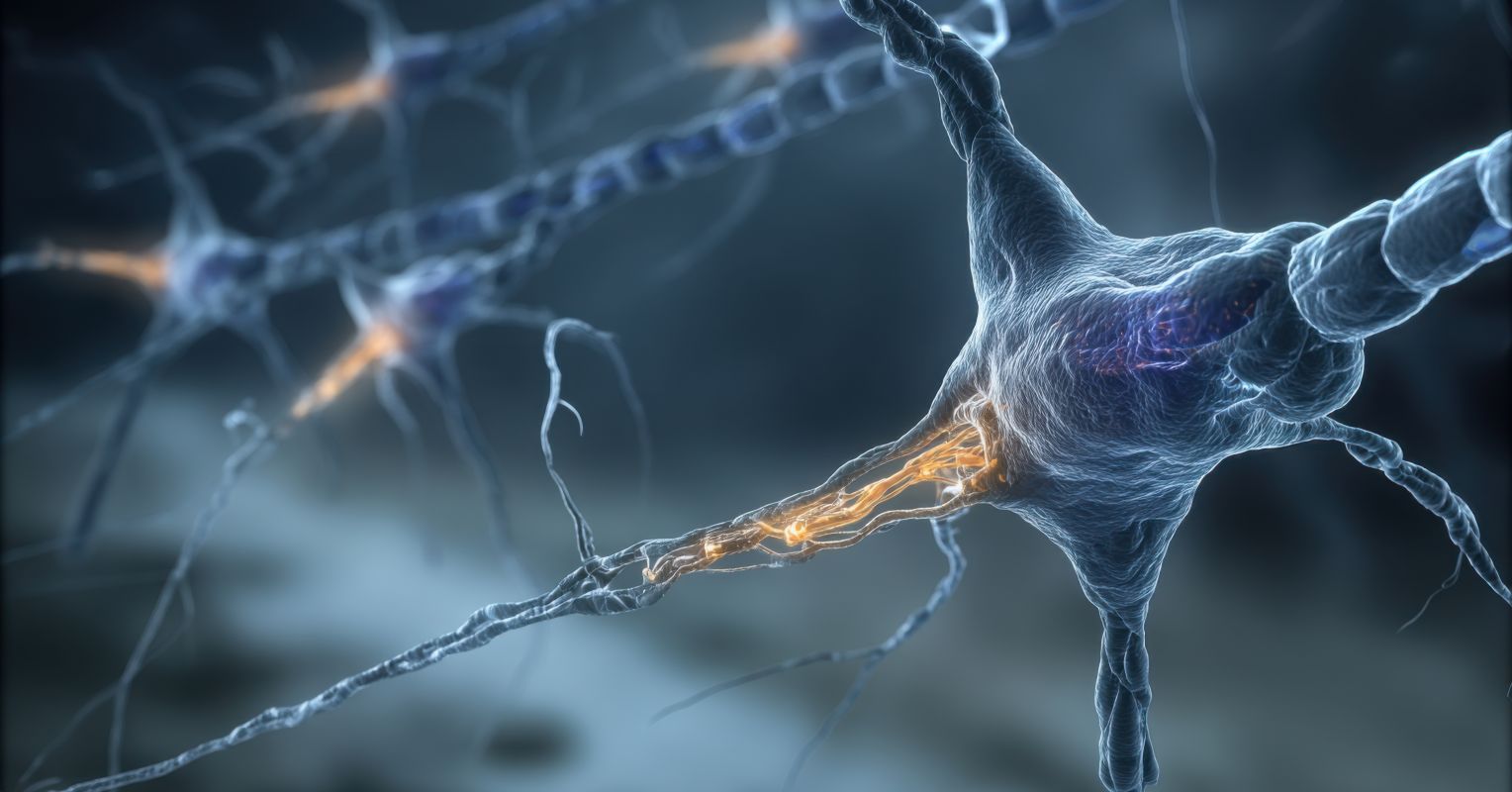
"In the ADHD brain, urgency acts like a magnetic force. It creates a surge of adrenaline-an emotional intensity that can finally override the sluggishness of executive dysfunction."
"Urgency feels better than importance, tricking the brain into thinking urgent tasks, despite their lower value, are more worthy of attention than important ones."
Individuals with ADHD often find themselves overwhelmed by small, urgent tasks, neglecting more significant responsibilities. This pattern arises from how ADHD brains process urgency, responding to immediate tasks that provide quick dopamine bursts. While urgent tasks feel rewarding, they distract from important activities that require sustained focus and lack immediate gratification. Consequently, this persistent focus on urgency fosters a reactive, unproductive approach, resulting in feelings of shame and burnout for those with ADHD.
Read at Psychology Today
Unable to calculate read time
Collection
[
|
...
]